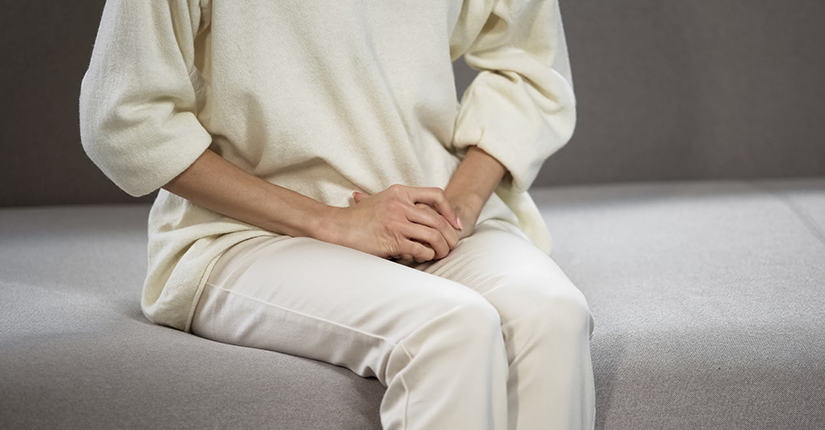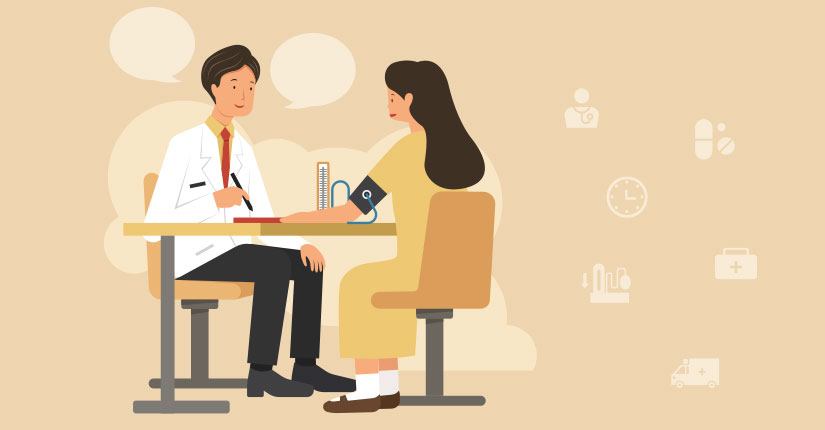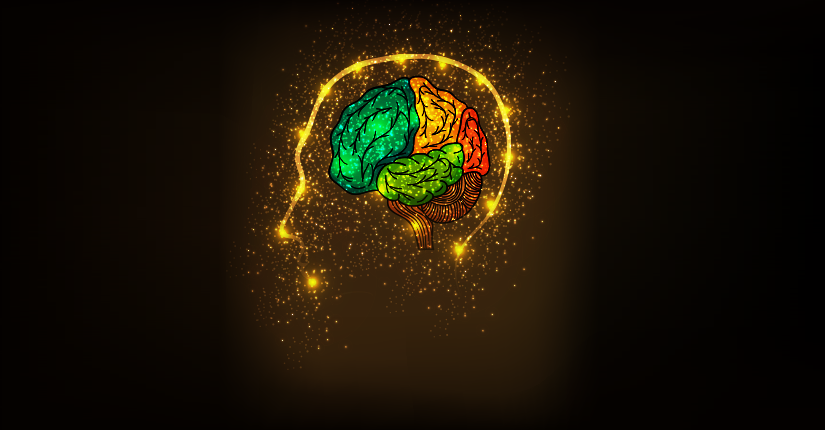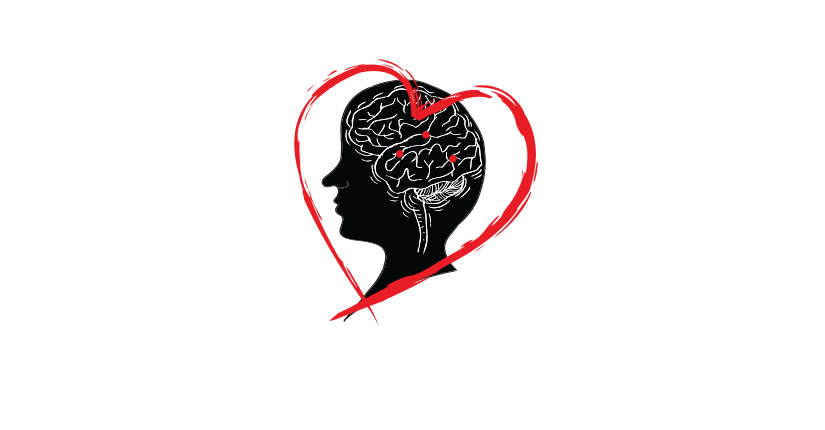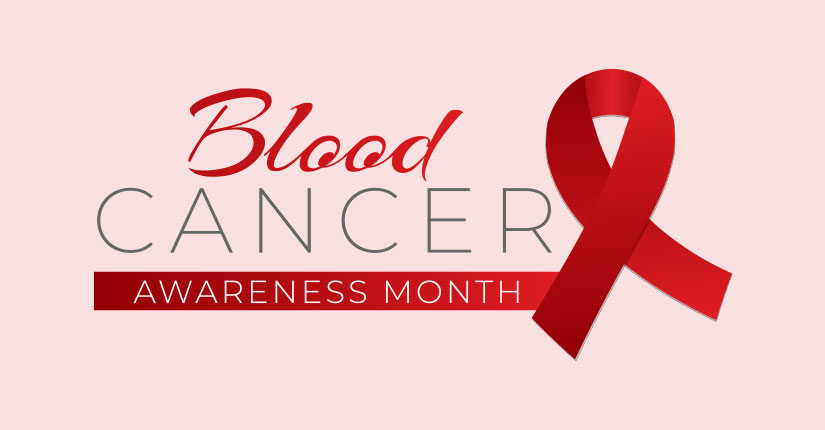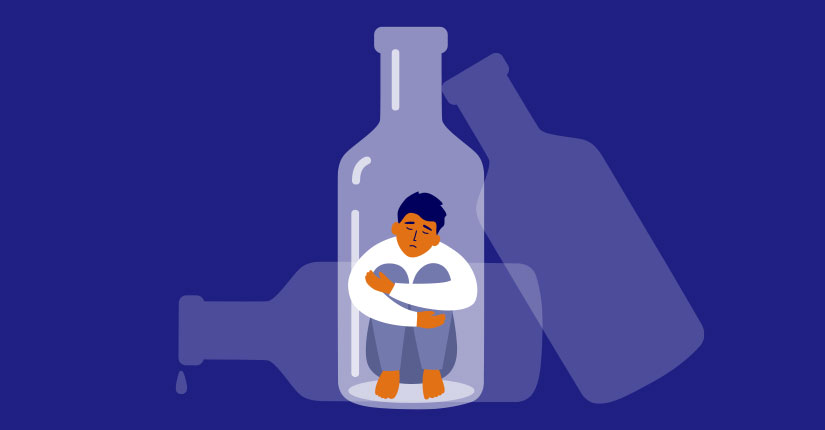5 changes that happen during menses in a woman’s body
By Nmami Agarwal 14-May 2023 Reading Time: 5 Mins

Menstruation is the time when the body prepares for pregnancy every month and then when it is not pregnant, it changes. Menstruation and cramps are well talked about. While many people are aware of the common symptoms of menstruation, such as cramps, bloating, and mood swings, several other changes happen in a woman’s body during this time that is not as widely known. In this blog, we will explore five under-known changes that occur during menstruation, including cognitive, physiological, nutritional, physical, and hormonal changes.
-
Cognitive changes
During menstruation, many women experience changes in their cognitive function. Studies have found that women may experience difficulty with memory, attention, and cognitive flexibility during their menstrual cycle. This may be due to changes in hormone levels, particularly estrogen, and progesterone, which can affect the brain’s ability to function optimally. Some women may also experience changes in their mood, including anxiety and depression, which can further impact cognitive function.
-
Physiological changes
Menstruation can also cause several physiological changes in a woman’s body. One of the most well-known changes is the shedding of the uterine lining, which occurs when a woman is not pregnant. This shedding can cause cramping, bloating, and discomfort. Additionally, women may experience changes in their blood pressure, heart rate, and body temperature during menstruation. Some women may also experience changes in their bowel movements or digestive function, which can be attributed to the hormonal changes that occur during this time.
-
Nutritional changes
During menstruation, women may experience changes in their nutritional needs. For example, some women may experience cravings for certain types of food, such as sweets or salty snacks. This is often attributed to changes in hormone levels, particularly an increase in progesterone, which can stimulate the appetite. Additionally, women may experience changes in their iron levels during menstruation, as they lose blood each month. This can lead to an increased risk of anemia, which can cause fatigue and weakness.
-
Physical changes
Menstruation can also cause several physical changes in a woman’s body. In addition to cramping and bloating, women may experience breast tenderness, headaches, and fatigue during their menstrual cycle. Some women may also experience changes in their skin, such as acne or dryness, which can be attributed to changes in hormone levels. Additionally, women may experience changes in their sex drive during menstruation, with some women reporting an increase in libido and others reporting a decrease.
-
Hormonal changes
Finally, menstruation causes significant hormonal changes in a woman’s body. These changes are necessary to prepare the uterus for pregnancy and include fluctuations in estrogen, progesterone, luteinizing hormone, and follicle-stimulating hormone. These hormonal changes can cause a wide range of symptoms, including mood swings, irritability, and depression. Additionally, hormonal changes during menstruation can impact other areas of the body, such as the skin, hair, and nails.
In conclusion, menstruation is a complex process that involves a wide range of changes in a woman’s body. While many people are aware of the common symptoms of menstruation, such as cramps and bloating, several other changes occur during this time that is not as widely known. By understanding these changes, women can better manage their menstrual symptoms and take care of their overall health and well-being. If you experience severe or unusual symptoms during your menstrual cycle, it is essential to speak with your healthcare provider to rule out any underlying health issues.





